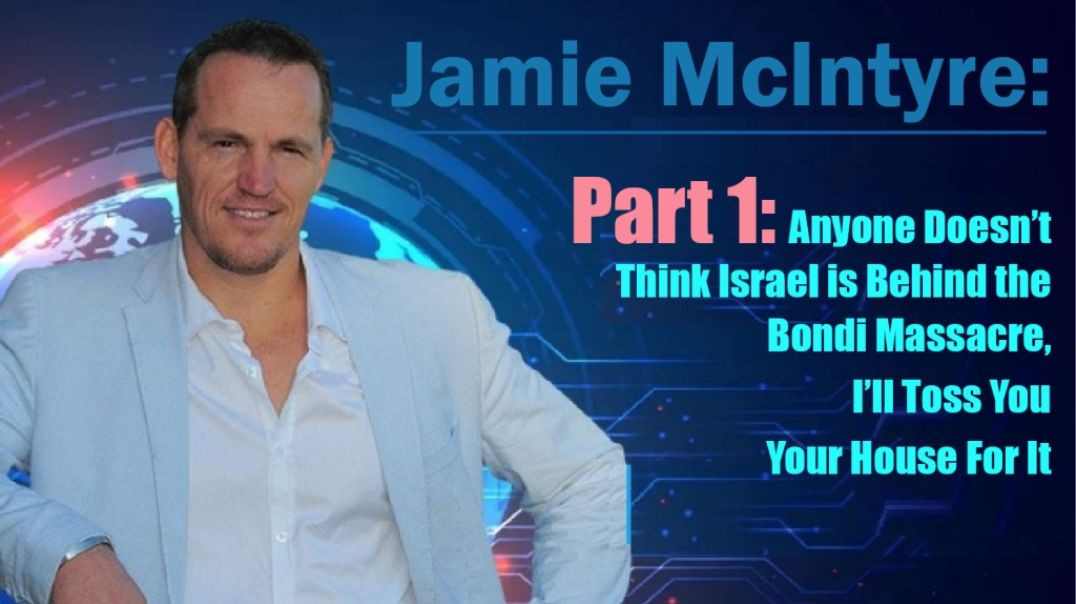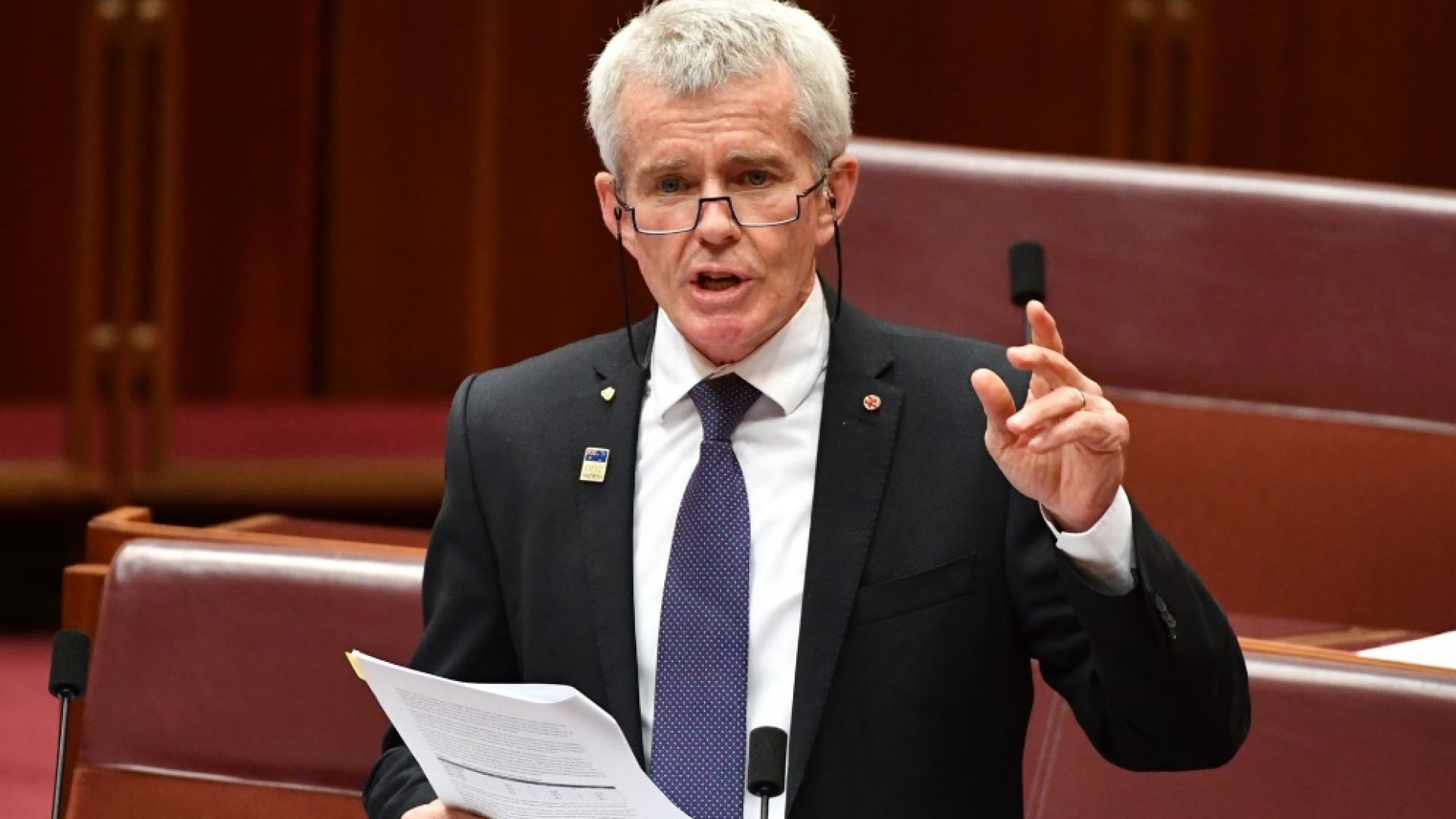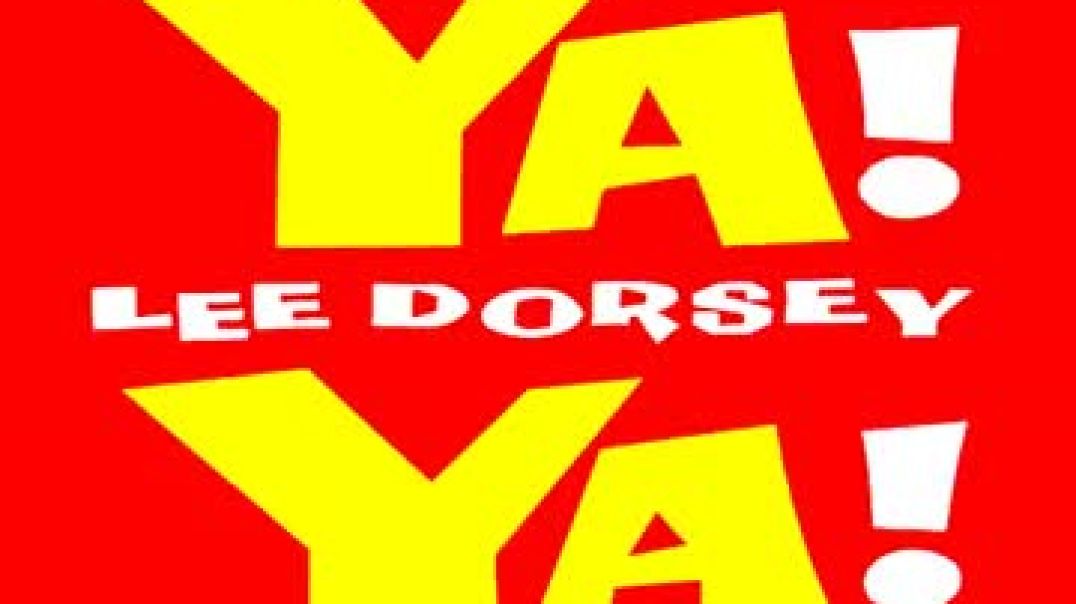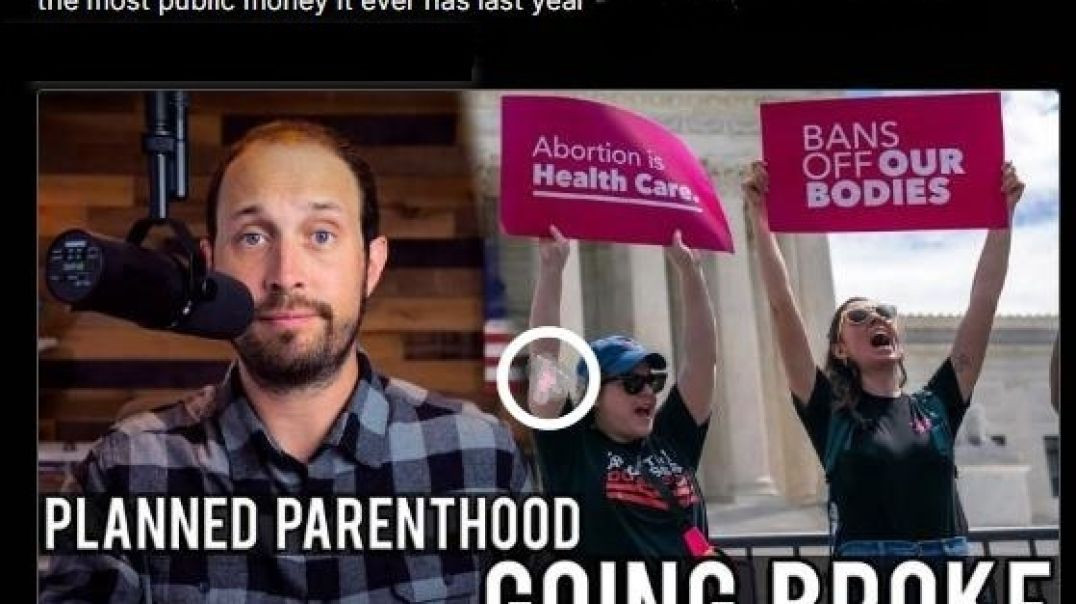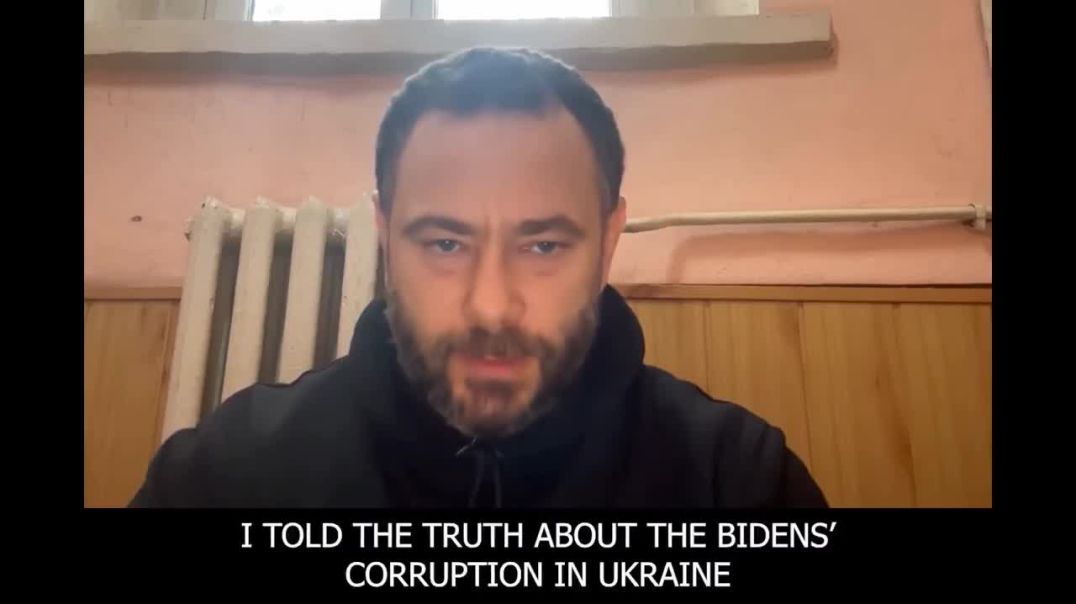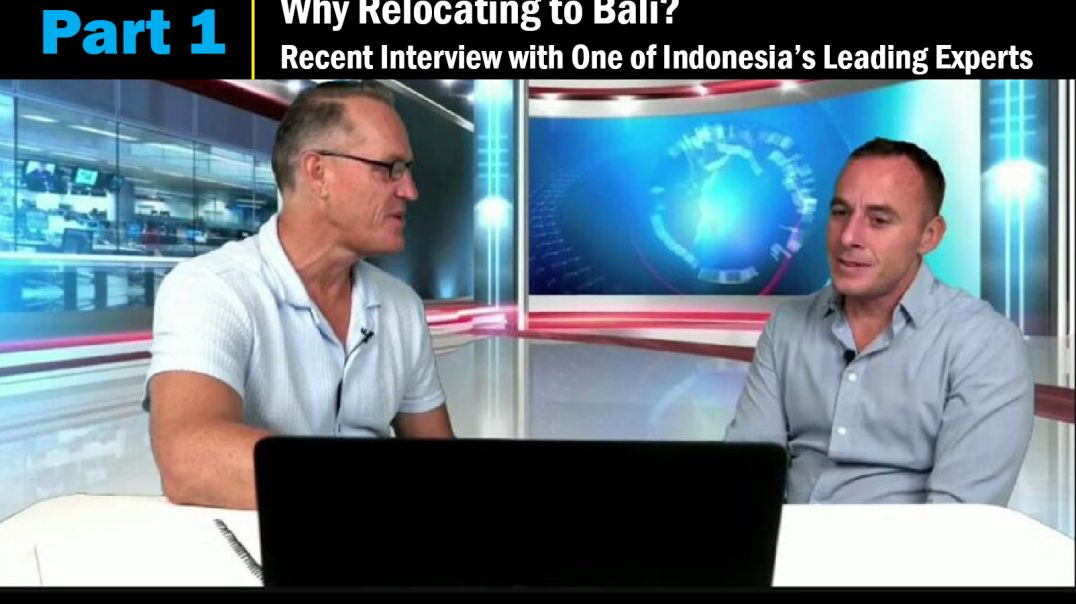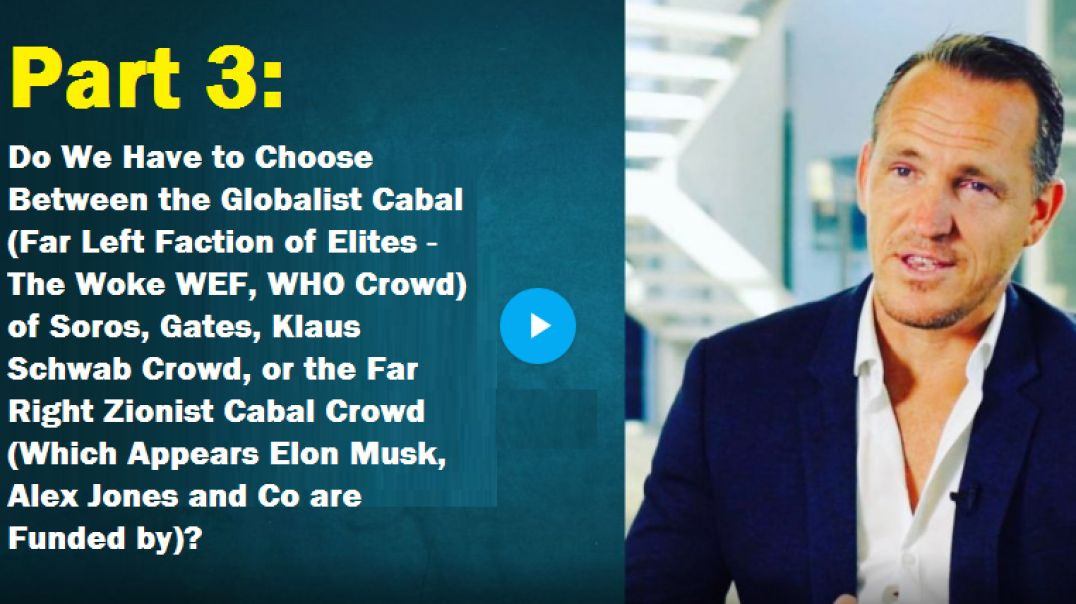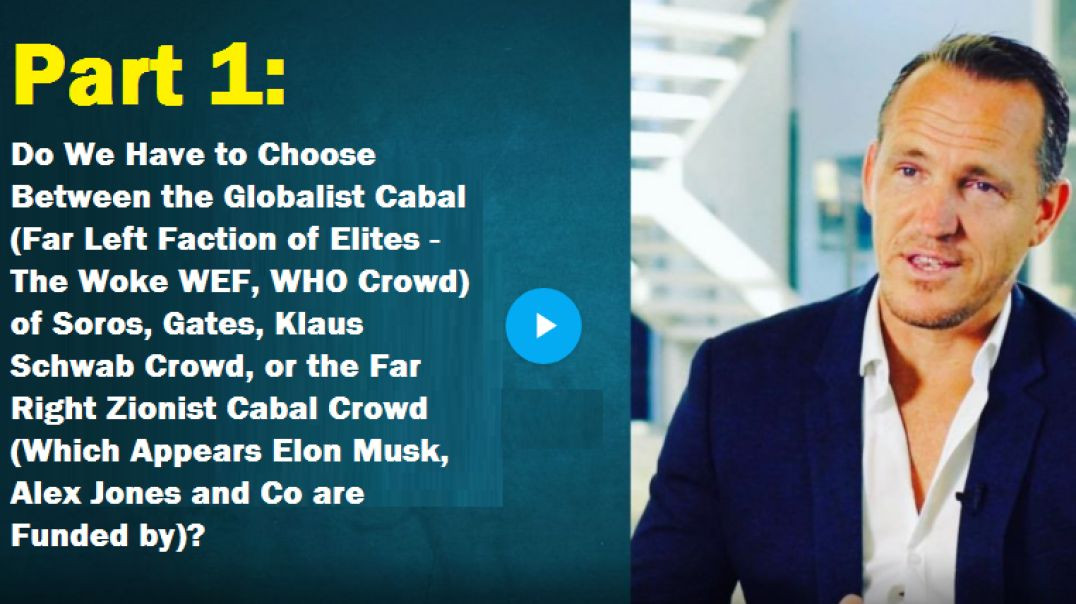Please donate now to help fund our work
Leo Frank Trial - Hugh Dorsey Closing Arguments Part 4
The two most crucial facts in this audio passage are that there was no blood at the scuttle hole and that blood was discovered on the factory's second floor. Even though it was a holiday, the factory's foreman, Lemmie Quinn, entered and informed the narrator that he couldn't keep him away from the workplace. The narrator then collected their papers and went upstairs to visit the boys who were on the top floor.
Mrs. White claims that she passed by and noticed the narrator at 12:35. In order to see the boys on the top floor, the narrator then collected their papers and went there. In order to see the boys on the top floor, the narrator then collected their papers and went upstairs to visit the boys who were on the top floor. The most crucial information in this passage, according to the narrator, is that Albert didn't eat anything and came in close to 130. Before leaving and catching the car, he went to the dining room sideboard and stood there for a while.
The story was related to Craven by Manola McKnight's husband, who said these things to the officers, and he didn't consume anything in the dining room. If Gordon had not said it, then he was not deserving of the title of lawyer because he was down there and could have said it. The most crucial information in this passage is that Manola McKnight's attorney, George Gordon, sits there and watches as she puts her fist to the paper and makes a false swearing declaration that could land her in jail. Her attorney, George Gordon, could have obtained a writ of habeas corpus to have her released from custody as soon as he could have reached a judge.
But Craven and Albert were present, and Manola McKnight was seated there with her attorney, George Gordon, who was eager to introduce something into the case that these men had been requesting for a long time but had never been able to until he took the stand and swore that she had said something that was untrue as you can see from the questions I asked him. The two most crucial information in this passage are that Albert McKnight is accused of lying to the detectives and that he was reluctant to take over their operations for fear of alienating them. Additionally, he is charged with lying to a photographer as well as his wife, Mrs. Selig.
Additionally, Mrs. Selig and a photographer were allegedly deceived by Albert. Additionally, he is charged with lying to a photographer and his wife, Mrs. Selig. In addition, Mrs. Selig, Albert's wife, and a photographer are both charged with lying to them. He is also charged with lying to a photographer and his wife, Mrs. Selig. Additionally, Albert is charged with lying to a photographer and his wife, Mrs. Selig. The key information in this audio recording is that George Gordon, a man who is passing himself off as an attorney, permitted a woman to put her fist to a piece of paper and swear to it, sending her to the penitentiary.
Albert McKnight did not eat anything in the dining room, according to an affidavit Manola McKnight made in support of this man. Albert McKnight is supported by the evidence provided by the photos, Julius Fisher, and other people who entered the dining room after the sideboard had been moved, and it is clear that once the sideboard was adjusted, Albert McKnight had complete visibility of the entire space. That Albert stayed there for about five or ten minutes and checked himself in the mirror in the corner was a too-straight-forward and reasonable-sounding story. When Leo M. Frank entered the home on April 26 between 1:00 and 2:00, Albert McKnight was questioned about whether he saw him.
He says to Albert that he saw him enter the building between 1:00 and 2:00, that he stayed for only about 10 minutes, and then he left to go to town. Additionally, he says to Albert that he saw Manola enter the space but leave after just a few seconds in the dining room. Additionally, Albert claims to have seen Leo M. Frank leave the sideboard and return to the city, though Albert has never been inside the home and is unsure whether or not he actually did. The most crucial information in this passage is when Mr. Dorsey informed Mr. Craven, the manager of the plow department at Beck and Greg Hardware Company, that he had told the truth and was upheld. Mr. Dorsey was even more exhausted than he had anticipated on August 25, and he regretted the need for him to be postponed for another week—or rather, another Sunday. He had just finished a brief analysis of the defendant's statement and wasn't going to continue with a more thorough analysis because it would only cause him more trouble and he lacked the physical stamina. The defendant stated that his wife visited him at the police station and that she was there almost in hysterics, having been brought there by her father, two brothers in law, and Rabbi Marks.
These are the most crucial details in this audiobook. Rabbi Marks, who was with the defendant, advised him on whether it would be wise to let his wife visit the top floor so she could see the surroundings, city detectives, reporters, and snapshotters. The accused relies only on his own statement and offers no evidence of a living person to support his claim. Mr. Arnold disagrees with the claim that his wife didn't go there out of any sense of guilt on his part, but he does not take issue with any allusion to his wife's failure to make the trip to see him.
The most significant information in this text is that Mr. Arnold disagreed with Mr. Dorsey's assertion that his wife never returned there because she was afraid of being photographed by snapshotters. Additionally, Frank mentioned that Conley had written him numerous notes with a pencil asking for a loan. Conley's card from the jeweler he purchased the watch from on an installment plan was discovered in the safe's drawer, and Scott there confirmed Conley's account of what happened when he told him not to take any more money out of the safe and the watch incident. That has never happened, according to Scott. The most crucial information in this passage is that Frank was aware of James Conley's writing prowess but chose to remain silent until the detectives linked him to the Phagan case. Frank was aware that Conley could write because he checked the pencil boxes and wrote numerous notes to him in an effort to obtain money. Conley also wrote the notes for Frank that he used to try and shift the blame for the crime to another man. Finding the author of the notes buried with the body was the most convincing evidence that could be used to identify the perpetrator of the crime. As stated in the notes, a Black person committed the crime. Conley visited the factory and jail, where he intended to confront Branch, which Frank and Branch talk about. Frank assured them that if they obtained Mr. Rosser's approval, he would speak with them and deal with Conley.
Mr. Rosser tried a case at Talua Falls, but he left afterward. Frank continues by informing the jury that no white man has ever been falsely accused of a crime by an ignorant, filthy black man and refused to appear in front of him. Furthermore, he notes that no other race has ever in its history had a white man who has been accused of a crime by an ignorant, filthy black man refuse to go up against him. A lawyer half as skilled as his client, Mr. Luther Z. Rosser, had a conscience of his client's innocence and would have confronted the accuser if he had falsely accused him of a crime. When he suggested that Frank engage in a filthy farce with a filthy Negro, he made his first and last statements, claiming that these addenda were unheard-of, that no one had ever dreamed of meeting them, and that Frank had no chance to do so. This is untrue because, when he first suggested performing the farce, he said that no one had ever heard of these addenda and that Frank had no chance to meet them.
The most crucial information in this passage is that Mr. Dorsey is involved for his life and that Mr. Rosser has the right to interrupt him when he falsifies the truth. He also has the right to voice a valid objection, and Frank declined to face Conley in the meeting the detectives suggested when he was out of the city. However, Mr. Rosser has not objected to the fact that Frank declined to be confronted by Conley at the meeting suggested by the detectives when he was out of the city, and that if that meeting had taken place, he would have been aware of Conley's statement. The most crucial information in this text is that Mr. Dorsey has the right to comment on the defendant's behavior but is not permitted to do so while the defendant is presenting their objections to the court. Mr. Dorsey is free to comment on any behavior that falls within the purview of this trial, but he is not permitted to do so if his objection is upheld.
Mr. Dorsey has the right to comment on any behavior falling within the purview of this trial even though he is not outside of the record and is instead included in it. The most crucial information in this passage is that Leo Frank, a Cornell graduate and the factory's superintendent, declined to meet Jim Conley, a clueless black man, on the grounds that his counsel was out of town. He had the chance to learn at least some of the accusations Conley had leveled at him when his counsel reappeared. At twelfth hour on Tuesday, April 29, Frank went inside and conducted a neutral interview over there. Instead of getting involved with this Negro who was new to Lee, the man he had famously directed suspicion at in order to save his own neck, he did not behave like a man who wanted to discover the truth.
Frank did not make a sincere, honest, or diligent effort to uncover the truth in order to maintain his good standing with residents of Washington Street and Bennet Bryth members. The detectives emphasize the likelihood that couples may have been permitted access to the factory at night by night watchman Newt Lee, who had only been employed there for two or three weeks. This is one of the most crucial details in the text.
Due to the detectives' emphasis on the fact that couples frequented the area on weekends, holidays, and at night whenever other night watchmen were present, Lee effectively prevented the state from challenging or refuting his claim. The detectives emphasize that couples were in the factory while Newt Lee, the night watchman, was keeping an eye on things, even though Newt had only been working there for three weeks, Frank adds. This is due to the detectives' emphasis on the fact that couples had entered the factory while Newt Lee, the night watchman, was on duty, despite the fact that Newt had only been working there for three weeks.
The defendant's claim that the alleged blood spots were actually paint and varnish rather than actual blood is the subject of the majority of the text's crucial details. In contrast, the defendant asserts that there was not even a single spot, much less a blood spot, on the floor where Barrett worked. The defendant also claims that he witnessed the girls drop paint and varnish bottles, causing them to shatter on the floor. The defendant claims that if fresh red paint or fresh red blood had been used instead, the haskelline compound with soap in it—a powerful solvent—would not have been applied in a liquid state and would instead have appeared pink or red instead of the white that it did at the time. The defendant also claims that he saw the girls drop bottles of paint and varnish, causing them to break on the floor. If that had been fresh red paint or fresh red blood, and that haskelline compound with the soap in it, which is an excellent solvent, had been applied there when it was still liquid, it wouldn't have happened, the defendant claims. The most crucial details in this audiobook series are the arguments put forth by the jurors in the Leo Frank case.
They contend that Hascline combined with the blood on the second floor would have had the same outcome as what the witnesses have testified to. Additionally, they contend that the testimony of Atlanta's city bacteriologist Dr. Claude Smith and doctoral witness Dr. Roy Harris contradicts the jurors' testimony. Finally, they contend that the jurors' testimony conflicts with the testimony of Drs. Roy Harris and Claude Smith. Last but not least, they contend that Dr. Roy Harris' testimony conflicts with what the jurors have said.


